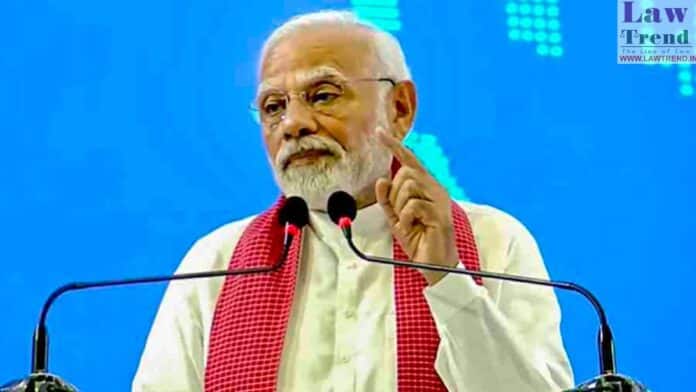In a recent hearing at the Delhi High Court, Delhi University (DU) contended that there is a difference between what is of “interest to the public” and what falls under “public interest,” challenging the necessity to disclose Prime Minister Narendra Modi’s educational records under the Right to Information (RTI) Act.
The argument was presented by Solicitor General Tushar Mehta, representing DU, during a session with Justice Sachin Datta concerning a Central Information Commission (CIC) order from December 21, 2016. This order had allowed inspection of records for all students who passed the BA exam in 1978, the year PM Modi graduated, which was stayed by the High Court on January 23, 2017.
Mehta emphasized that mere curiosity about the Prime Minister’s academic records does not justify a breach of privacy. “Public may get interested in something but it may not be public interest…Is there any public interest in this matter? Answer in the facts of this case is no,” he stated.
Delhi University has challenged the CIC’s decision as arbitrary and untenable in law, asserting that the information sought constitutes “third party personal information” held in a fiduciary capacity. According to Mehta, “mere curiosity” does not entitle anyone to access private information under the RTI law.
On the other side, Senior Counsel Sanjay Hegde, representing the RTI applicant, defended the CIC’s order. He argued that academic qualifications, similar to disclosures of assets by elected officials, fall into a category that should be accessible to voters. Hegde asserted that the RTI Act provides for the disclosure of such information for the greater public good.
Furthermore, Senior Advocate Trideep Pais, representing some intervenors, argued that any information over 20 years old should be accessible under the RTI Act, regardless of privacy exemptions or fiduciary relationships. He highlighted that DU had even live-streamed its convocation, suggesting that the information requested is already preserved and should be accessible.
RTI activists Anjali Bhardwaj, Nikhil Dey, and Amrita Johri sought to intervene in the matter to assist the court on legal issues. However, Justice Datta noted that the court was not hearing a Public Interest Litigation (PIL) and granted the intervenors liberty to file a written synopsis of their submissions.
Mehta criticized the intervention applications, labeling the applicants as “busy bodies” and “meddlesome interlopers,” and cautioned against the abuse of the RTI law, which he claimed serves a “good purpose.”




